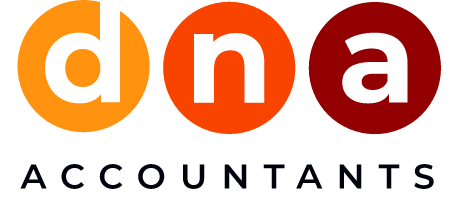Corporation Tax MUST be paid on the earnings of a limited company, Corporation Tax is not billed to you. To work out, pay, and submit your taxes, you must do certain things.
In last year’s budget announcements (March and October 2021), the Chancellor announced a variety of company tax reforms, some of which are already in force and others that will take effect in 2023. The UK company tax rate of 19 percent was competitive globally before these changes. Because the COVID19 pandemic has pushed government borrowing to unprecedented heights, lowering the company tax rate is a straightforward way to raise billions of pounds. Corporation tax was 52 percent for large organizations and 38 percent for small businesses in the 1980s. Until 2015, small and large firms paid different rates of corporation tax; however, starting in 2015, all businesses will pay the same rate.
Corporation Tax – The Calculations…
Before addressing corporate tax revisions and new rates, it’s important to grasp how company tax is calculated. A company’s fiscal year might finish on any day of the year. This occurs most often at the end of the month, but not always. During the year, taxable profits (including non-trading income and capital gains) are calculated and charged to business tax.
In the United Kingdom, our tax year ends on April 5th each year, whereas the corporate tax year ends on March 31st. Because the company tax rate has been stable in recent years, the fiscal year has had little impact on corporate taxation. When the new corporation tax rates are adopted, companies with a financial year that does not coincide with the corporation tax financial year will have to perform a calculation to apportion profits to each of the rates.
Corporation Tax – The Changes…
The main rate of corporation tax will be raised to 25% from the present rate of 19% on April 1, 2023. Small enterprises with taxable income under £50,000, unlike prior years, will now pay a 19 percent corporation tax rate. As a result, small enterprises with little profits will continue to pay the same tax rate. Profits of more than £250,000 will be subject to a full 25% tax rate. We are now entering a new environment, one that resembles the old days, in which marginal relief must be estimated between 19 and 25 percent. If a company’s total taxable profits are between £50,000 and £250,000, this rule will apply. On the amount of profits that are less than £250,000, marginal relief will be paid at a rate of 3/200.
How Do Changes Affect Connected Companies…
The £50,000 and £250,000 ceilings of the new small company rate are shared among all “related” companies. Business owners and accountants alike breathed a sigh of relief when the linked company requirements were effectively repealed in 2015. They’re back, though, and they’re wreaking havoc on the owners of a variety of businesses.
The laws governing connected businesses are complex, but they simply state that two companies are associated if one owns or controls the other. A controlling individual generally owns more than half of the company’s stock.
These regulations can have a big influence. Higher corporation tax rates are now being mixed with the potential for connected entities to cause problems. The total tax burden will be much higher as a result of the corporation tax increase. If not thoroughly investigated, associated enterprises may result in even higher corporate tax bills.
Finally, if a company’s accounting period begins on or after April 1, 2023, profits will be split between those made in the tax year 2022, which will be taxed at 19 percent, and those earned in the tax year 2023, which will be taxed at 18 percent. The upper and lower profit limits will establish the exact rate due for earnings in the new tax rate period. If this issue applies to your company, make it a priority to understand the repercussions.
If you need a helping hand with your corporation tax calculations – contact us here, or give us a call on 01737 570127 and we would be happy to chat with you.

